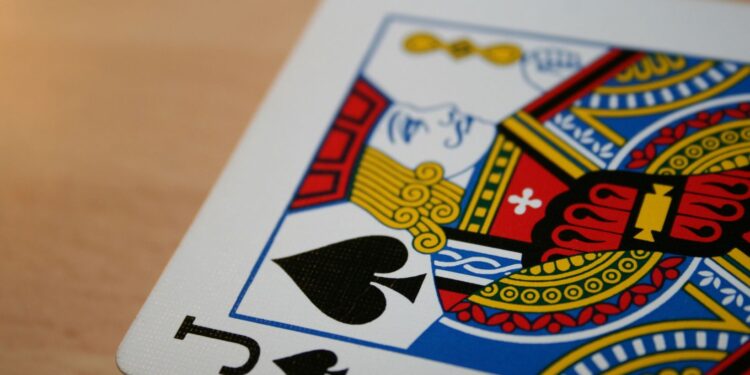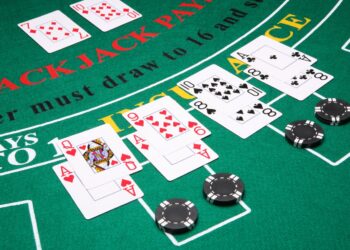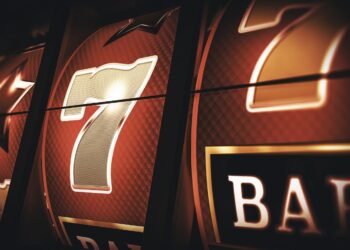Blackjack is one of the few casino games where skill matters. But what works at one table might not work at another. That’s because blackjack isn’t the same everywhere. Rules change, dealers behave differently, and even the players at your table can throw off your rhythm. If you want to stay ahead, you need to adapt your strategy to each casino you walk into.
1. Know the House Rules Inside Out
Every casino, whether a local establishment or an online blackjack site, has its own set of rules that are clearly outlined to ensure fairness and transparency. Many online casinos often offer enticing promotions and bonuses, in addition to multiple payment options and strict Privacy Policy, to enhance your experience (source:https://www.luckyblock.com/blackjack).
For instance, bonuses provide extra value, but it’s essential to take a moment to familiarize yourself with the specific rules of each casino to ensure you’re making the most of your game. While certain rule variations may be in place, these adjustments are clearly communicated to players.
Understanding the following can help you maximize your blackjack strategy:
- Payout for blackjack: The standard payout is typically 3:2, so if the table pays 6:5, walk away because this move increases the house edge significantly.
- Dealer hits or stands on soft 17: If the dealer hits on soft 17, the house gains more edge. Adjust your strategy accordingly.
- Number of decks: Fewer decks are better for the player. Single-deck games have better odds but are rare and usually have worse rules elsewhere to balance that out.
- Doubling rules: Can you double after splitting? Can you double on any two cards? The more flexible the doubling rules, the better your advantage.
- Re-splitting aces: Some casinos allow it, and some don’t because it changes how aggressively you play split hands.

Try to memorize a few basic strategies to help you challenge different rule sets. There are charts available online based on specific combinations—make sure to take advantage of them and use them.
2. Count the Decks, Even if You’re Not Counting Cards
You don’t need to be a full-blown card counter to pay attention to the deck. Casinos can use anywhere from one to eight decks. The more decks on hand, the harder it is to win. With more decks, you’ll see fewer blackjacks and double downs, and it will become slightly less profitable. Try to adjust your expectations based on the deck count. A single-deck game with poor rules might not be better than a six-deck game with player-friendly rules.
3. Watch the Dealer
Whether you are counting cards or playing casually, players should pay attention to how often the shoe gets shuffled. Deep penetration – where more cards are dealt before shuffling – gives players more data to make decisions, while frequent shuffling kills any chance of gaining an edge through observation. Take note of how the dealer does it. If the dealer is reshuffling after just a couple of decks in a six-deck shoe, the game isn’t worth your time.
4. Adjust for Table Speed and Atmosphere
Some casinos want to churn hands fast. That’s bad for you, especially if you’re playing a perfect strategy. More hands per hour give more exposure to the house edge. Fast-paced tables are common in Vegas, especially during busy hours. Dealers move quickly, and you’ll need to stay sharp. In smaller casinos or during off-peak hours, you might find the slower tables, which are better for casual players or those practicing their strategy.
Another good strategy is to be careful of whom you’re sitting with. Sitting alongside reckless players can disrupt the flow. You may prefer sitting with serious players, as they can slow things down and give you a chance to think through tough hands. Make sure that you choose a table based on your skill level and preferred pace.
5. Be Aware of Casino Culture and Surveillance

Most casinos do not allow card counting. Understand the environment and casino rules. Higher-profit areas like Vegas Strip casinos are more aggressive about countermeasures, while smaller regional casinos might not care as much but could enforce a ban.
6. Change Your Betting Strategy with the Table Minimums
Different casinos have different minimum bets. An easy $5 table in Mississippi might be rare to find in a big Vegas casino. If the minimum is high, your bankroll needs to stretch. Don’t chase losses. Bigger minimums mean you hit your limit faster. Stick to your bankroll management rules. If the minimum bet is too high for your strategy, find another table or casino.
7. Use Player Cards—but Smartly
Casinos track your play through loyalty programs. If you’re a regular, it makes sense to swipe your player card. But if you’re trying to fly under the radar as a sharp player, you may want to avoid too much attention. Use player cards when you’re playing for fun or breaking even. Skip them if you’re trying to maintain a long-term edge.




















